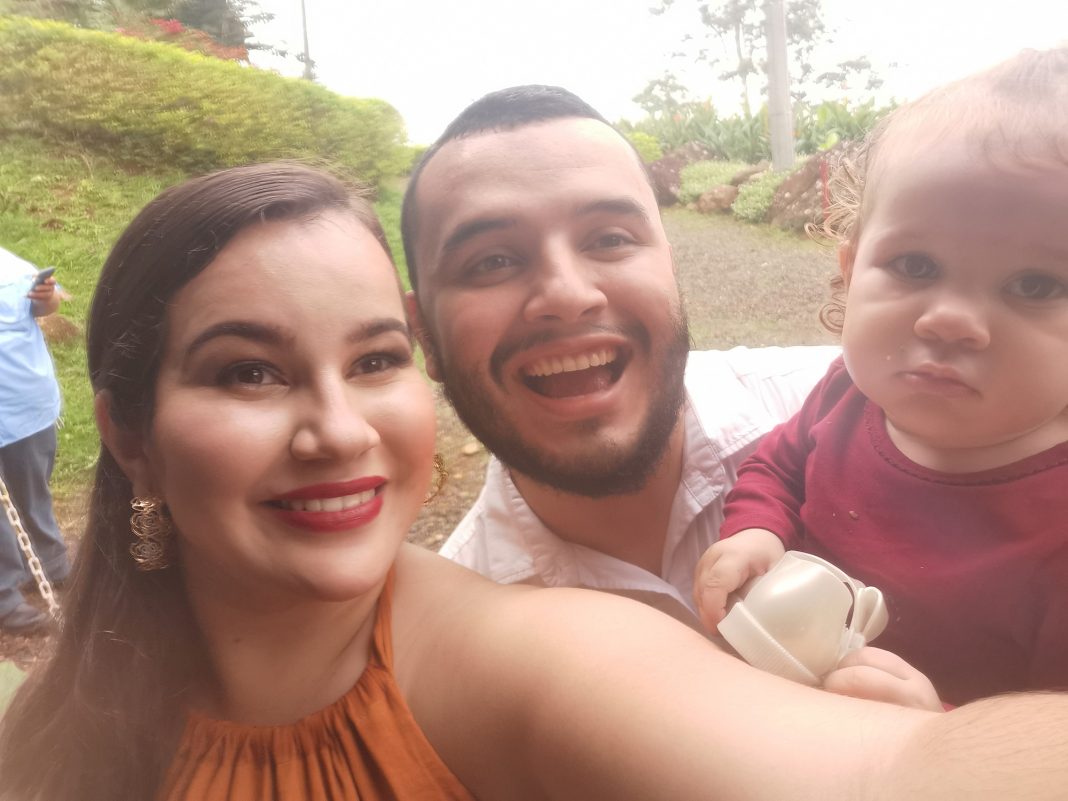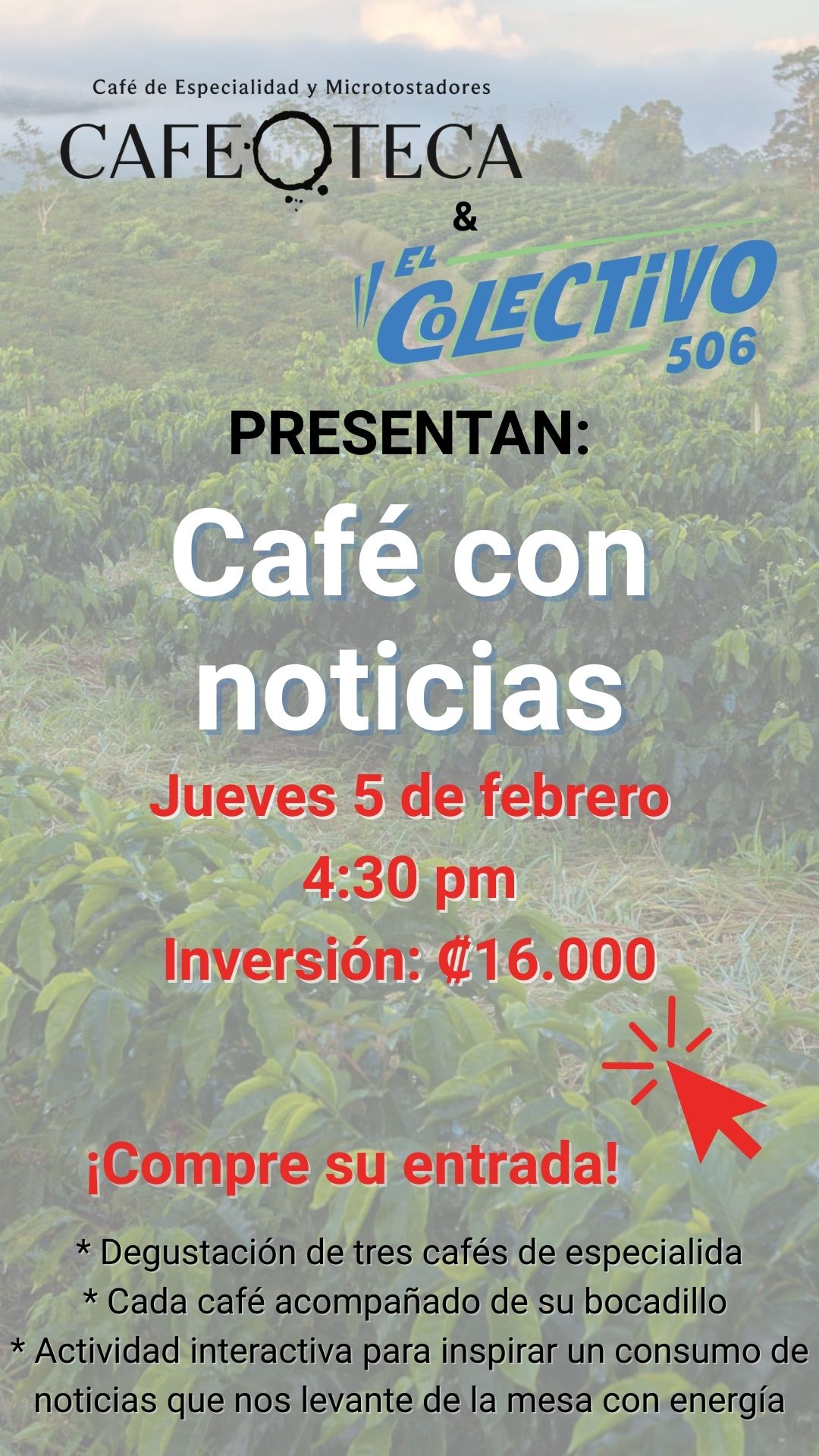A storm redraws the map.
Things that seem immovable—roadways, houses, landmarks of generations—are ripped from their places. But lives, too, are cast asunder. The firmest path, set and clear, can be snapped off by mud and water, bleak and broken. An ending.
This upaleña had gone far away, studying in the city, then working two jobs, but Hurricane Otto called her home as surely and fiercely as if it had tilted the earth. A journalist, she came home to cover the impact. Seeing the need in her own family, she stayed. She found work. She helped rebuild.
She went to a church damaged by the floods. There, she noticed him. Missionaries came from Nebraska, pulled in by Otto to help rebuild the church; some stayed with her, some stayed with him. She noticed him again. Josue.
Love. Marriage. A baby girl. And those weren’t the only gifts she plucked from the mouth of the storm: she also found herself serving a community she loved. This was something she’d dreamed of doing someday, until a storm said, “Now.”
Did Otto make this family? Let’s not give that storm such power. Storms only wreck. Storms only sever. Storms have names, but these are human labels on an inhuman force. The humanity comes later, in the grim light of dawn. Only humans can achieve something stronger than any hurricane: that first step past an ending. That first step forward through the mud. That first step that creates a new path, starting from the ruined place, starting from the broken heart.
Text by Katherine Stanley Obando, inspired by the love story of Katherine Benavides and Josue Esquivel. Katherine Benavides is an inaugural member of our national solutions journalism community, Network 506, and the author of this week’s piece on how Upala has rebuilt from Hurricane Otto in 2016. Our weekly Media Naranja column tells short love stories with a Costa Rican twist. During our July edition, they will focus on love of many kinds—romance, friendship, neighbors’ bonds—that have been showcased or affected by emergencies in Costa Rica.






